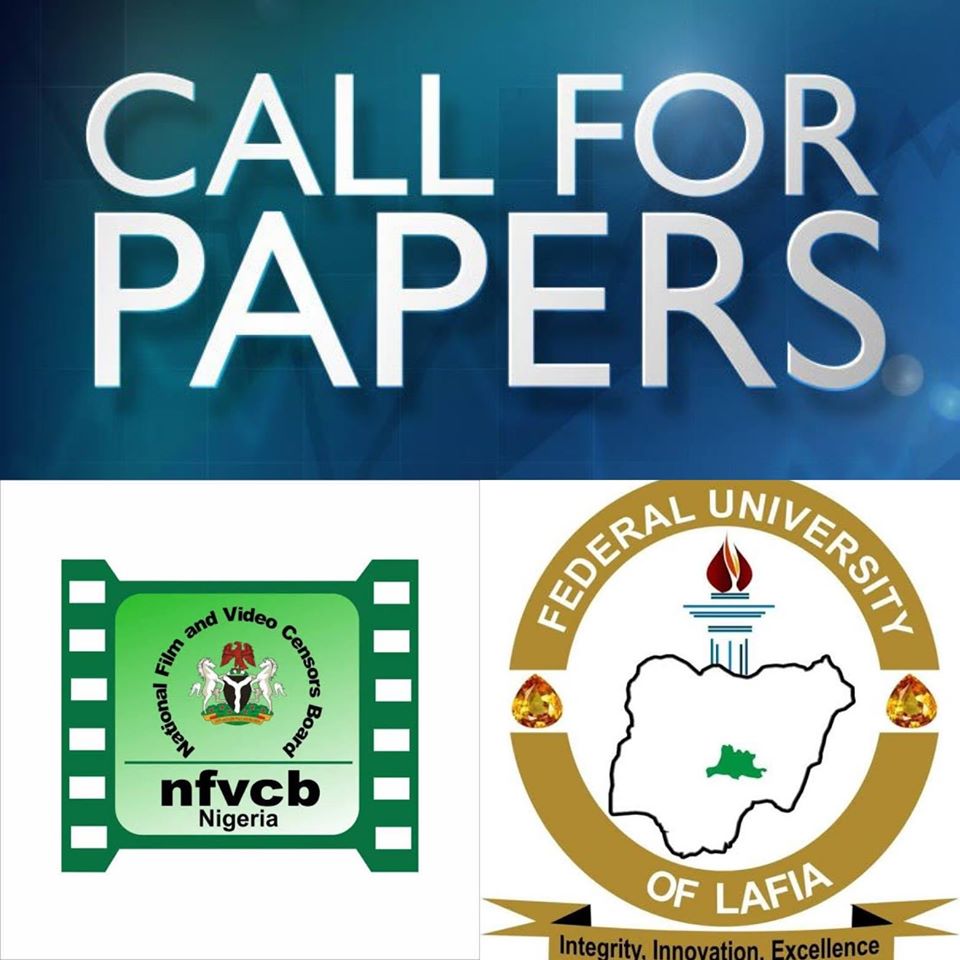
The Faculty of Arts, Federal University of Lafia in collaboration with the National Film and Video Censors Board (NFVCB) invites scholars of Film to submit articles for consideration in a book proposed with the above title.
Film in Nigeria has developed a characteristic of being a private sector driven innovating industry. It does not lack heroes /heroines nor does it stay fixated with classics. It is within such a quickly evolving environment that the need for the study of regulatory mechanisms like censorship becomes apparent. The NFVCB was established as a regulatory body and has grown in its activities alongside the fledgling Nigerian film industry. From a concentric role of classifying films, the Board has had to grapple with developments in technology and global trends in the film industry. The notion of classification and censorship has in recent times been challenged by Internet based film technology. These are defining moments for film practitioners, regulators, economists and scholars.
The objective of the book project is to broaden the enlightenment on and interrogate the concept, operation and issues in film regulatory practice. The potential audience include film practitioners, regulators, scholars, media practitioners, lecturers and students of film.
Writers may, in a broad sense, consider these different aspects of film, film regulation and industry developments but are not limited to the following themes:
● Philosophical questions around the concept of film censorship
● Historical issues of Censorship of the Film industry in Nigeria
● Creativity, film and censorship
● Film censorship and conflict of interests
● technological innovation and the concept of censorship
● Cultural issues in film censorship
● Nollywood and the global economy
● Film censorship in a digital economy
● Landmarks, major actors and epochs of film censorship in Nigeria
● Gaps in the regulatory framework for film censorship in Nigeria
● The role of archiving in film censorship
● Technical issues in Film Censorship
Well-researched and scholarly written articles in APA referencing style should be prepared in MS-word with double column in double spaced typed not more than 15 pages in 12 font size of New Times Roman.
The article, which should not have been published or simultaneously submitted for publication elsewhere, is to be forwarded electronically to svdugga@gmail,com on or before 15 th May 2020.
Each article should be preceded by a concise title and an abstract of not more than 250 words followed by at most five keywords. Contributors should indicate boldly their names, place of work / institution of affiliation, academic qualifications, phone numbers and e-mail addresses.
Each contributor to the book shall receive two copies free of charge. However, more copies (up to twenty copies) can be obtained subsequently at request by any contributor at half the price.
